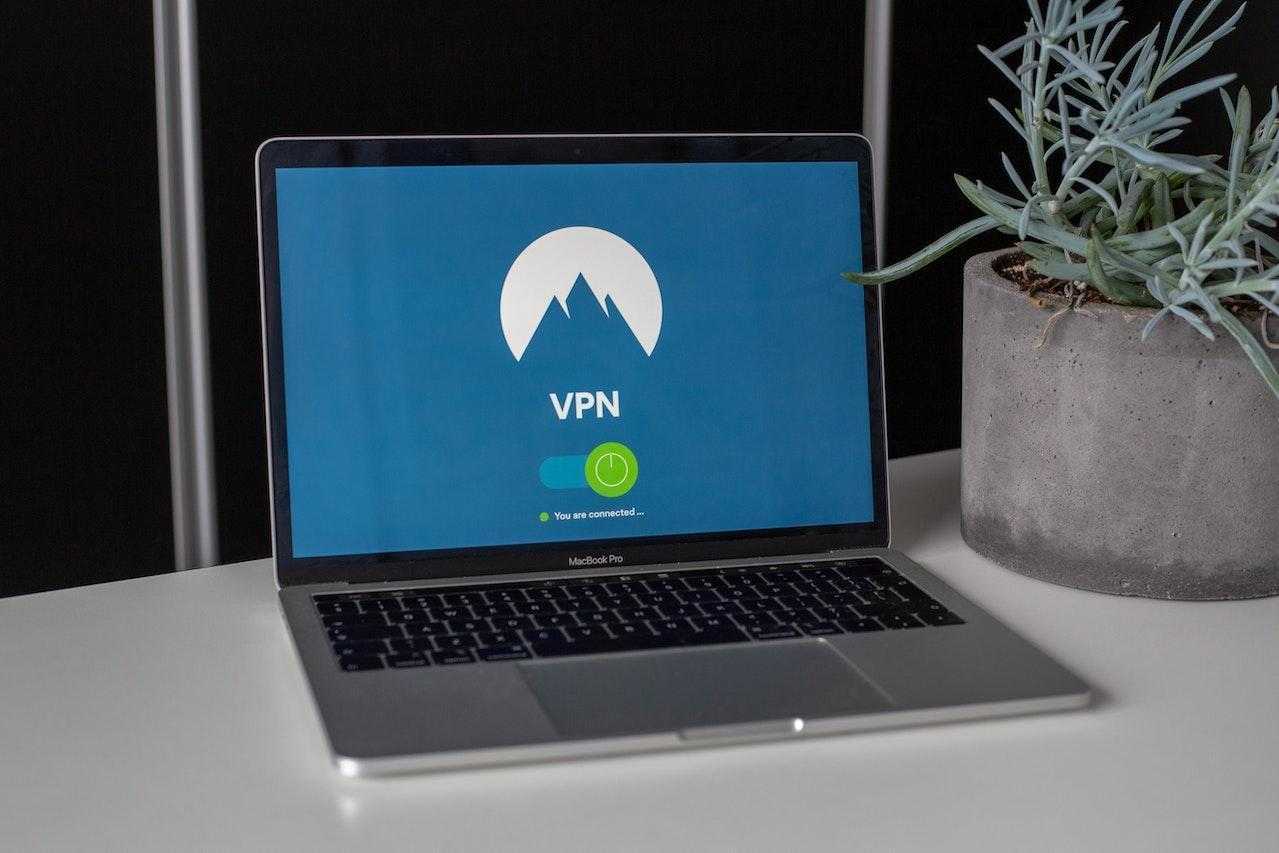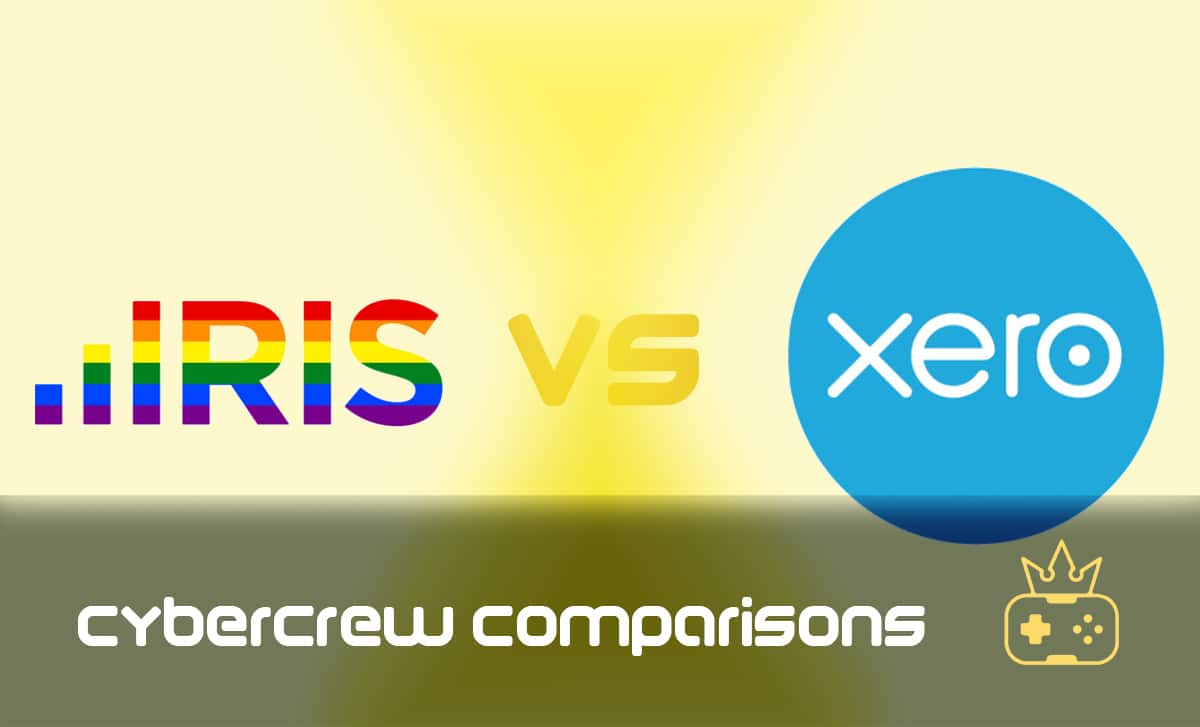Mobile Internet Statistics UK [2024]
Last Updated: February 9, 2024
We use mobile phones daily, and yes, you can say that we’re all somewhat addicted to our smartphones. It’s worth noting that 99% of the UK population owns a mobile device, but the device itself is not that attractive; it’s the internet connection that makes us want to scroll through our social media feed for hours.
For most people, a mobile phone without an internet connection is just a box that allows you to call your friends or send messages to your loved ones. Mobile internet statistics UK will show you how much time the UK users spend on the internet and what active mobile internet users do while browsing the web.
Since you now know how many people own a smartphone in the UK, it’s time to take a look into other vital elements of these statistics.
Top 10 Mobile Internet Statistics UK
- In 2021, there were more than 62.3 million mobile internet users in the UK.
- In 2021, the mobile internet user penetration rate in the UK reached 91.43%.
- In 2020, internet users in the UK spent between two and three hours on the internet daily.
- In April 2021, Google mobile market share reached 97.76%.
- By the end of 2025, the number of monthly active mobile internet users in the UK might reach 17 million.
- In April 2021, 50.47% of all internet users connected to the internet via mobile.
- For 46% of mobile users in the UK, smartphone usage has increased during the pandemic.
- In January 2022, mobile connections in the UK accounted for 105% of the total population.
- In 2020, about 50% of mobile phone users in the UK said they used their mobile phones to surf the internet, while 37% said they used their phones to access social networks.
- In June 2020, Britons used 415 million gigabytes worth of mobile data.
Mobile Internet Statistics UK
In 2021, there were more than 62.3 million mobile internet users in the UK
Despite not being a mobile-first market, the United Kingdom has witnessed high levels of mobile internet usage in recent years. It was one of the countries with the highest mobile internet penetration rate in 2021.
In 2021, the mobile internet user penetration rate in the UK reached 91.43%
In today’s world, most people can’t imagine what their lives would look like without mobile internet. In 2021, the UK smartphone penetration rate reached 91.43%. In 2026, this figure is expected to grow to 93.8%.
On average, mobile internet users in the UK spent between two and three hours on the internet daily in 2020
Internet usage statistics UK show that every minute spent online is spent scrolling through social media. If you’re wondering how many people in the UK own a smartphone, mobile phone ownership statistics UK show that 87% of all adults have at least one smartphone.
In April 2021, Google was the search engine with the highest mobile market share (97.76%) in the UK
Yahoo is second on the list of leading search engines ranked by market share in the UK, and their market share was 0.89% at the beginning of April 2021. After Yahoo, came the DuckDuckGo search engine with 0.56%. The search engine with the lowest marketing share in April 2021 was Yandex (0.05%).
Mobile Internet Usage Growth Trends
Mobile internet usage statistics show that the number of monthly active mobile internet users in the UK could reach 64.83 million by the end of 2025
This means that there would be an increase of 16.22 million users compared to 2015, when the UK had nearly 49 million active mobile internet users.
In 2020, the share of monthly active mobile internet users in the UK reached 90.3%
Forecasts for mobile internet penetration in the UK show that there will be an increase of roughly 3% by the end of 2022. However, in 2025, the share of monthly active mobile internet users will reach almost 94%.
Mobile vs desktop internet usage statistics can tell us that between April 2020 and April 2021, 50.47% of all active internet users in the UK used their mobile devices to browse the web
In May 2020, the numbers dropped to 45.77% but climbed to 44.85 in December 2020. By the end of April 2021, 46.33% of active internet users used their mobile phone to access the internet.
At the end of July 2020, 46% of survey participants said they have been using their smartphones more than usual ever since the pandemic has started
Although people prefer to use their smartphones over other devices, less than a quarter of all participants reported that they used a media streaming device more than before the pandemic has started.
Demographics of Mobile Internet Users in the UK
In 2021, 5.3 million people aged 18 to 24 in the United Kingdom used smartphones to access the internet
Statistics that show internet usage by age in the UK tell us that Internet access via desktop was more popular among users aged 55 and up. An average of 33% of UK users only used their phones to access the internet.
In May 2021, 94% of female internet users in the UK used smartphones to access the internet, compared to 93% of male users
A slightly higher share of the male population (80%) aged 16 or above, accessed the internet via mobile phone in the UK.
How are People Using Mobile Internet in the UK
In October 2020, about half of the surveyed respondents said they used their mobile phones to surf the internet, while 37% said they used their phones to access social networks
Now that we know how many people use the mobile internet in the UK, it’s time to determine how are they using it. In December 2020, mobile accounted for roughly 47% of web traffic in the UK. In the same year, 43% of UK shoppers used mobile to make an online purchase.
In 2019, 17% of mobile internet users visited financing or banking websites, 45% of mobile internet users opened news, and 36% spent some time browsing shopping websites
Mobile internet statistics UK show that 8% of active mobile internet users tend to visit travel websites, and 14% of them use the internet on their phones to check the weather.
Most Popular Websites and Apps
In 2020, 81% of survey respondents said that their favourite mobile messenger service was WhatsApp
The most popular types of websites in 2021 in the UK were chat and social media sites. Between January and April 2020, there were nearly 13 million adult TikTok users in the UK. In November 2020, Zoom reached 1.7 million users on Android and iOS devices.
Top Mobile Internet Providers
According to Ofcom’s survey, EE was the most popular mobile service provider in the UK
Other leading Internet providers in the UK are Vodafone, Three (3) and O2. Between 2018 and 2021, Vodafone’s revenue decreased from 18.2 to 16.9 pounds per user in the UK, which means that EE will continue to be one of the most reliable mobile services in the UK.
In 2020, EE offered the most outstanding 4G availability in the UK
It’s vital to mention that EE’s 4G is available 94.5% of the time for UK users. Keep in mind that the speed requirement for the 4G/LTE service is 100 megabits per second, which makes it 4x faster than 3G. Ranked second was O2, which offered 4G availability 88.5% of the time.
We all know that download speed is essential, and in 2020, EE offered the fastest downloading speed in the UK (35 megabits per second on average)
The average download speed for Vodafone users was 20.4 Mbps, making it the second-best mobile phone internet provider in the country.
In 2020, EE offered the fastest upload speed out of all mobile networks in the UK
With an average upload speed of 8.8 Mbps, EE offered the fastest upload speed. Vodafone came in second with an average upload speed of 7.7 Mbps.
In June 2020, the monthly mobile data traffic in the United Kingdom amounted to 415 million gigabytes
In 2018, the monthly mobile data traffic in the UK summed up to 211 gigabytes, which means that the data uploaded or downloaded on mobile networks in the UK doubled by the end of 2020. In 2019, the monthly data traffic in the UK amounted to 292 gigabytes.
Conclusion
The internet makes our lives easier, and the fact that we can access it on our mobile devices makes us very lucky. We will inevitably continue to use them for browsing the web in the future, or at least until we invent more practical devices that can help us search for information faster.
Mobile internet statistics UK show that Britons depend on the internet, but it’s safe to say that people who live in other countries spend as much time surfing the web as the British audience.

![How to Sell on Depop in the UK [2024 Guide]](https://cybercrew.uk/wp-content/uploads/2023/06/Selling-on-Depop-UK.png)








